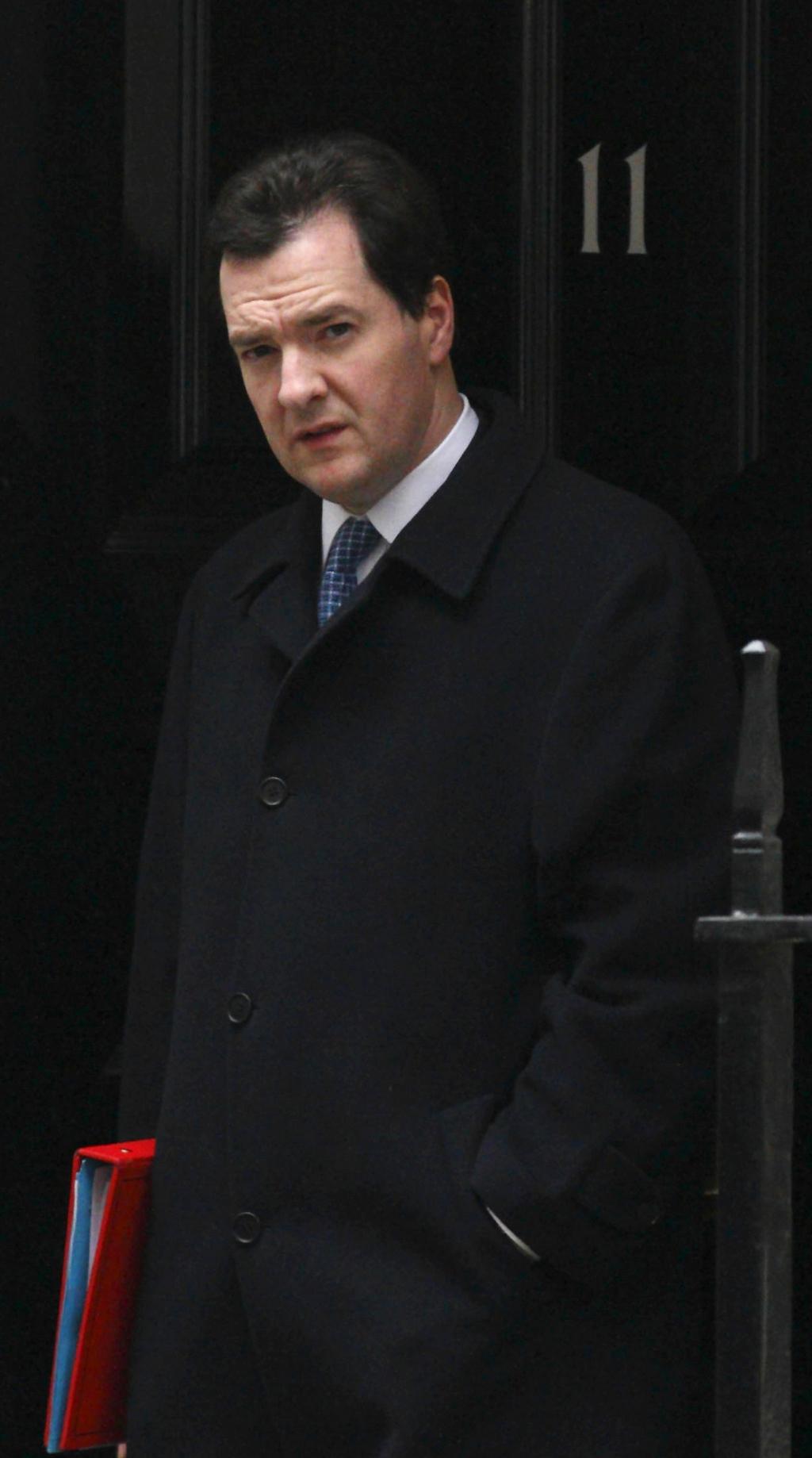British austerity cuts: rhetoric and reality
Britain’s Chancellor of the Exchequer, George Osborne, the global leader in voluntary austerity cuts. A new report shows that for all his rhetoric only a tiny number of cuts have actually been put in place – but still enough to drag Britain into recession.
Unemployment is up, the economy contracted in the last quarter, so austerity cuts are biting, right?
That has been the tone of not only my reporting in the last year but all reporting about the British economy. It has been the framework for political criticism by the opposition Labour party. Its mantra has been "too far, too fast."
A report released yesterday by the Institute for Fiscal Studies puts all that in a different light. The IFS is the most respected independent economics think tank in Britain, its pronouncements frame the debate. This is what it found:
Just 2.3 percent of the austerity cuts have been carried out. That means, according to the IFS director Paul Johnson, "More than £9 in every £10 of planned public service spending cuts is still to come."
In some ways that is not a surprise. Not since World War 2 has there been such a sustained period of cuts put in place. Just planning for them must take an enormous amount of time. But what is shocking about the IFS report is this: with so few cuts put in place the British economy is already tanking.
Here's the money quote from the report, as far as I'm concerned.
"The austerity program has been a significant drag on growth in recent quarters … The austerity program has also dampened net job creation."
I think that is stating the bleeding obvious, but the fact that it comes from the IFS gives it weight.
Throw in the fact that the euro zone crisis has slowed economic activity throughout the EU and you get a situation where growth through trade will be anemic at best in the next couple of years.
The IFS suggests that Chancellor of the Exchequer George Osborne come up with a £10 billion ($15.7 billion) stimulus in his budget to be presented next month to help Britain out of recession. This could be achieved through tax cuts or increased spending.
The IFS has been hawkish about deficit reductions in recent years. This suggestion represents a serious change of position.
The government says it will not ease up. If you consider that the economy has contracted with so few of the cuts actually made you wonder what will happen when the other 90 percent of austerity cuts to state spending are put in place.
And even if the de-leveraging program is completed as planned by 2016, it will only reduce the size of government spending back to what it was in 2005.
Lots of pain, for not much gain.
Why?
